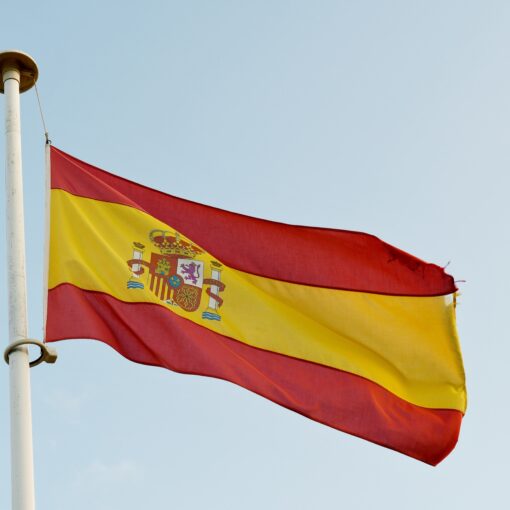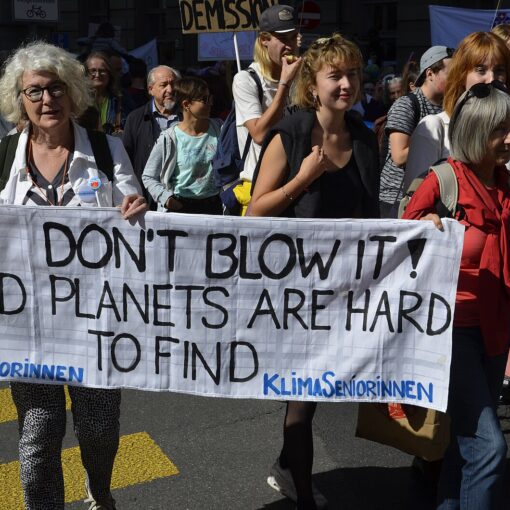By Michael B. Gerrard
Donald Trump’s operating principles as relates to environmental regulation are:
- Regulations kill jobs; they are all costs, no benefits; we should do away with as many as we can.
- The U.S. should strive for “energy dominance” in the world, trying to follow the lead of those two countries he admires so much – Saudi Arabia and Russia.
Those two principles lead to a clear mandate: Leave no fossil fuels in the ground or unburned; and cut away or ignore any rules that get in the way. So far the current majorities in both houses of Congress think all that is just fine, though thankfully the courts do not seem to be agreeing.
This is a time of unprecedented peril to U.S. environmental law. What can we environmental lawyers do about this?
Obviously each individual’s flexibility depends in large part on where we work – we academics have almost complete flexibility, lawyers in NGOs quite a bit, lawyers in law firms have significant constraints, and lawyers in government are the most tightly constrained.
But to the extent people do have flexibility, these are eight things we can do.
1. Push back
Resist these efforts by Trump, Scott Pruitt, Ryan Zinke and the rest. That may involve speaking out; suing or intervening or joining as amici in others’ lawsuits; or filing comments when the opportunity arises. We need to try to preserve the gains that were made in prior administrations to the extent possible. Some day – though not soon enough — we’ll have a new President who actually believes in law and science and cares about current and future generations, and when that day comes we’ll want to get back on track as quickly as possible.
2. Think globally, act locally
Much of the most important action for the rest of the Trump era will be at the state and the city levels. I’m fortunate to be in a state and a city where there is overwhelming consensus on the importance of environmental protection, and we have leaders who want to move forward – maybe not always as far and fast as we would like, but generally in the right direction. So those who are in state or city government, or who work closely with those who do, have special opportunities to devise and deploy tools that can work where you are and can serve as a model for elsewhere.
3. Decarbonize
To avoid the worst impacts of climate change we need to move away from fossil fuels and toward a clean energy economy that is centered around renewables like wind, solar and hydro, and that operates with the greatest possible degree of energy efficiency. The plummeting costs of wind and solar, in particular, mean we are in the midst of a very positive energy revolution in which renewables push out fossil. Lawyers are needed to help acquire the permits, real estate, and financing for the many new clean energy facilities and devices.
4. Adapt
The outlook for future climate change is extremely serious and seems to be getting worse. Sea level rise, melting ice, episodes of extreme heat, drought and precipitation, and other projections are no less than scary. We need to build resilience into construction projects, natural resource management, and all manner of other activities. This can happen through zoning actions, licensing and rate proceedings, environmental impact review, and many other settings where lawyers are central players. We should do this both because we need our projects and activities to be resilient, and because if the leaders of large enterprises are led to recognize the impact that climate change may have on their own organizations, ultimately this should have a political impact.
5. Do no harm
If you can, avoid representing the NIMBY side in litigation against renewable energy projects.
In law firms — If you possibly can, stay away from matters where you’ll be litigating on the side of Trump’s environmental deregulation campaign.
And to our friends who work at EPA , Interior, DOJ and other federal agencies — you are in our hopes and prayers, we’re thinking of you all the time, we admire your perseverance, and to the extent we possibly can, we have your backs.
6. Reduce personal environmental footprint
Each of us can do more to lower our own environmental impact. This can mean, for example, replacing incandescent light bulbs with LEDs; insulating our homes; driving less and walking, biking, or taking mass transit more; driving electric, hybrid, or small efficient cars; eating less meat (especially beef); diligently turning off lights and appliances and closing faucets; flying less; and recycling more.
7. Contribute
Even if we can’t litigate or campaign directly, we can contribute money to those who do. NGOs that are on the front lines of litigation, lawful activism and needed research, political action groups that work for pro-environmental candidates, and such candidates themselves are all worthy of support.
8. Vote
Finally, there is no excuse for U.S. citizens not to vote at every opportunity, and those who can should work hard to try to persuade others to vote, and to cast those votes for an environmentally positive future.
If you do as many of these things as you can, you’ll have done your part in helping the planet through this awful Trump era, and hopefully into an area where we can all smile a lot more.




